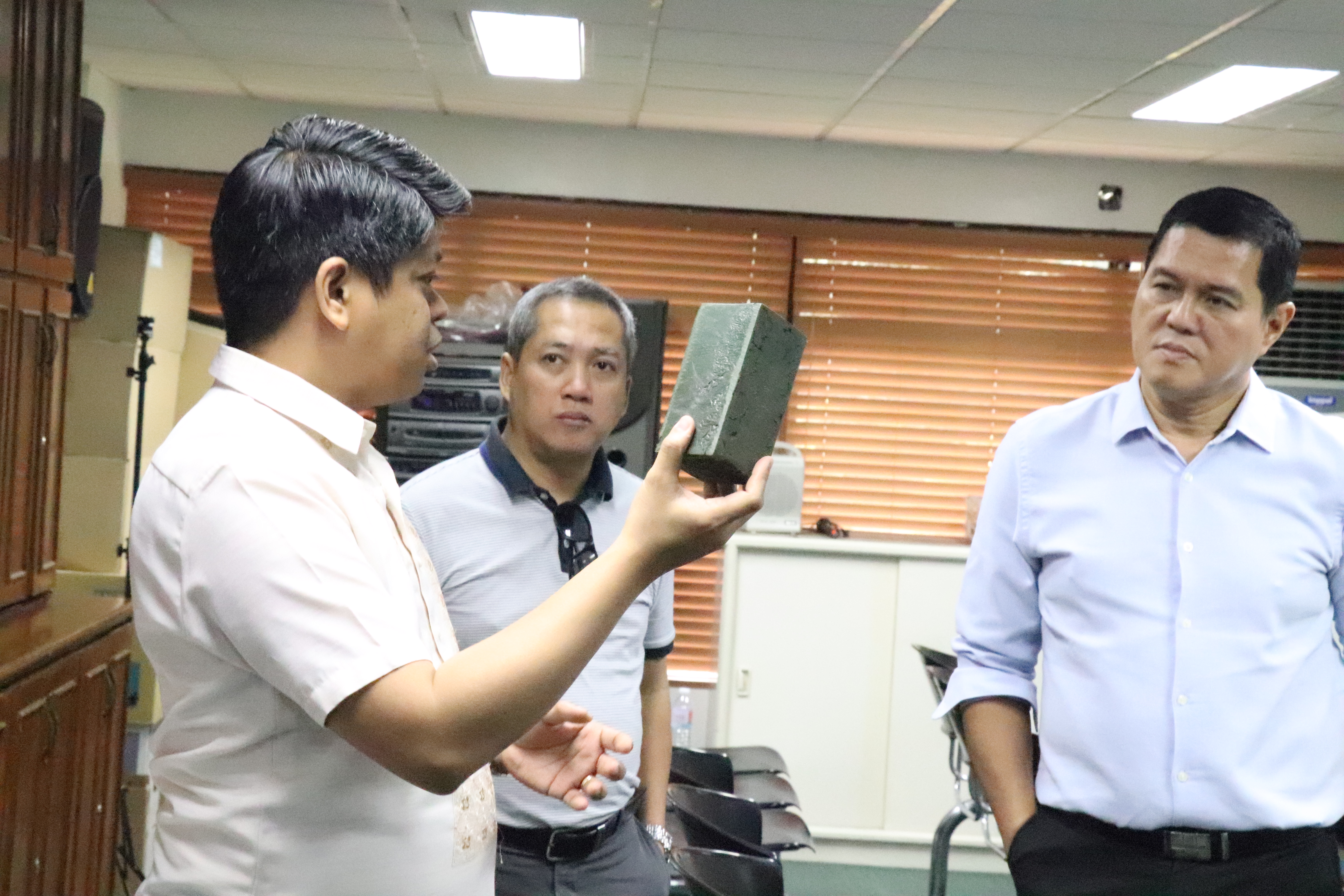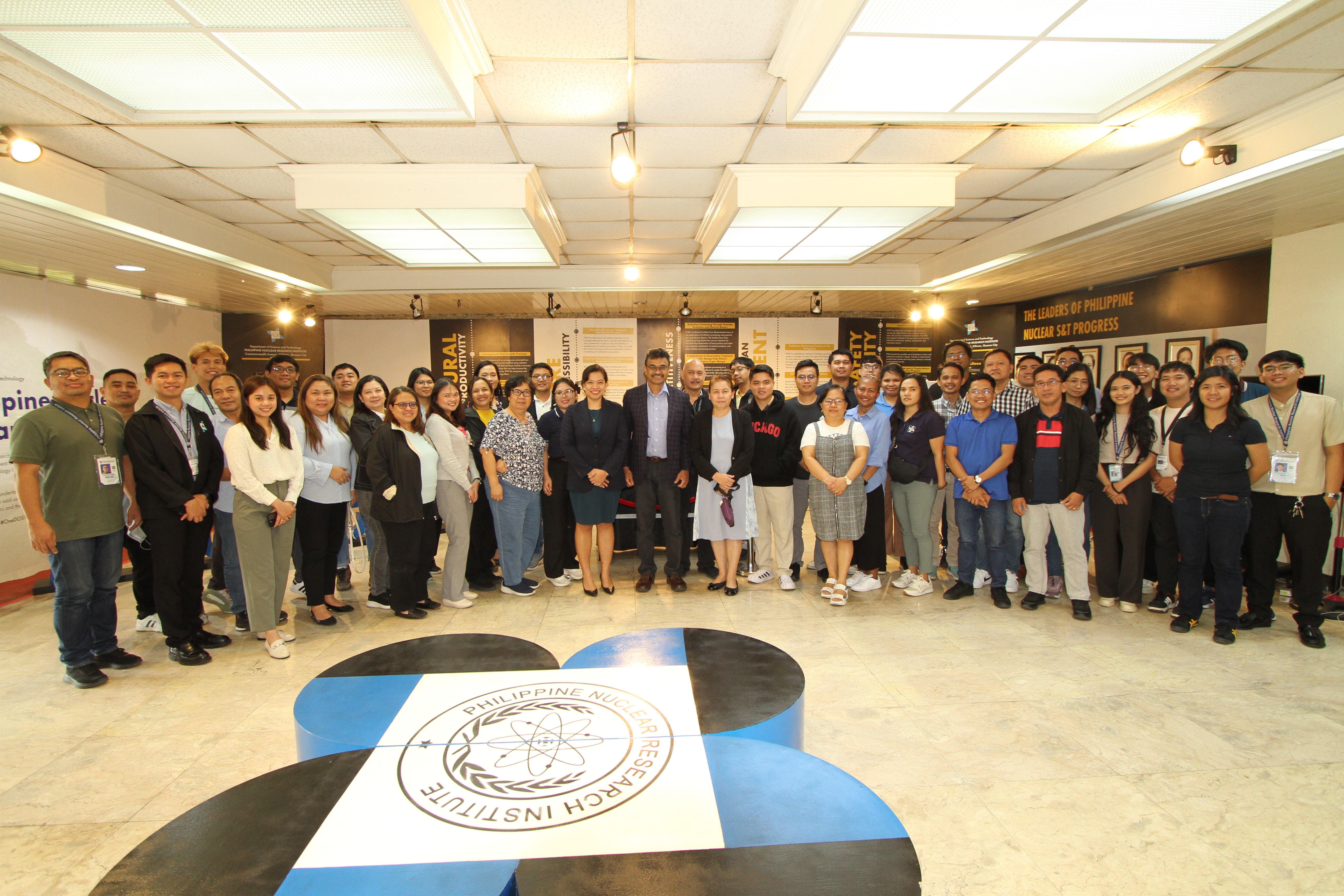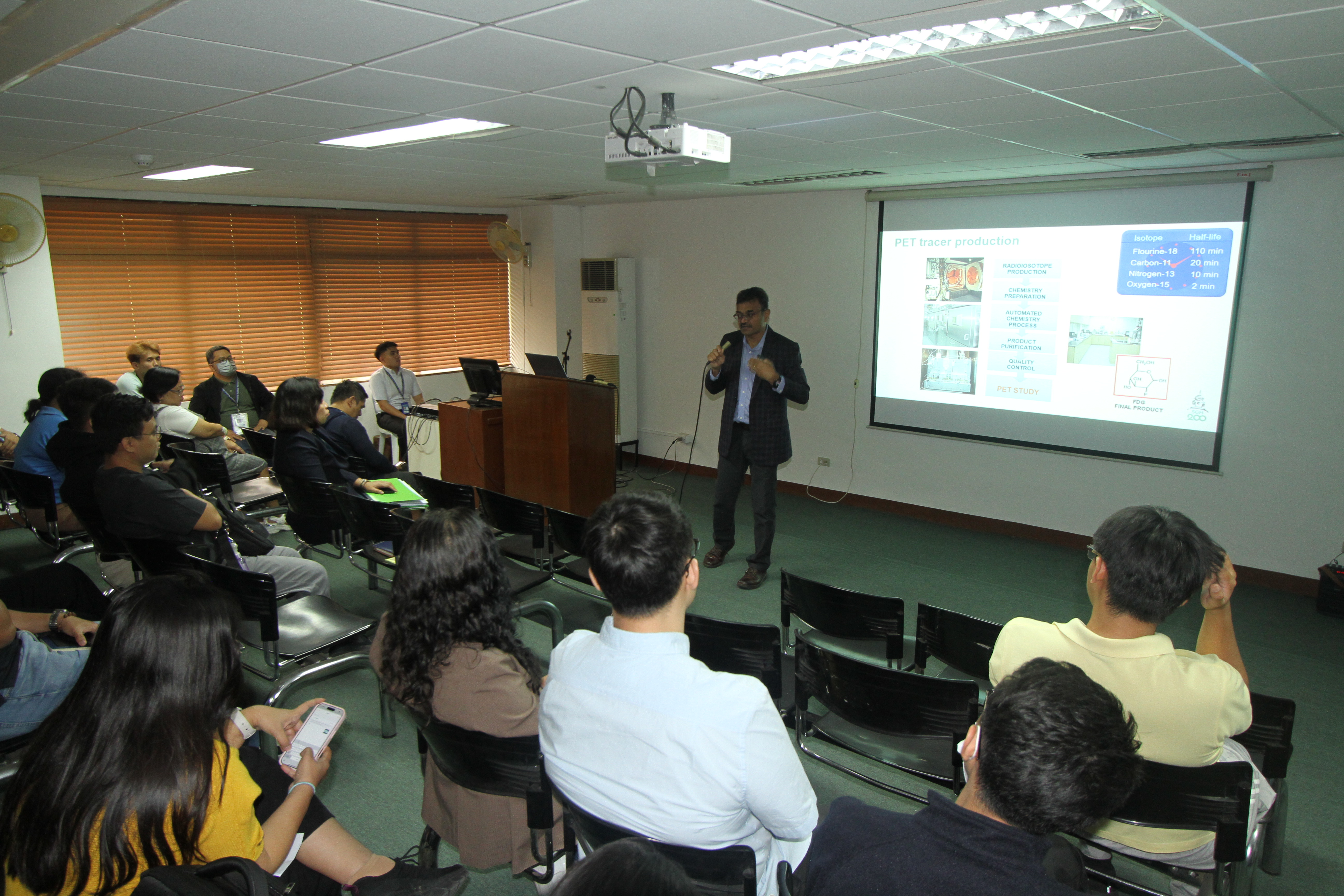Ormoc LGU eyes DOST-PNRI’s plastic upcycling technology to help boost the city’s socio-economic growth
- Details
PREx project leader Dr. Jordan Madrid of DOST-PNRI shows a sample tile for building construction made of plastic wastes that were upcycled using radiation to DOST-VIII Regional Director Dr. John Glenn Ocaňa (right) and Engr. Heber Matoza.
Ormoc LGU eyes DOST-PNRI’s plastic upcycling technology to help boost the city’s socio-economic growth
In their effort to strategize the growth of their city, the local government officials of Ormoc in Leyte looked at projects of the Department of Science and Technology (DOST) to help achieve their goals. One of the projects that captured their interest was DOST-Philippine Nuclear Research Institute’s Post-Radiation Reactive Extrusion of Plastic Waste (PREx Plastic) which applies radiation technology, particularly electron beam irradiation, to enhance the mechanical properties of products made from recycled plastic wastes.
“PREx fits perfectly in UNDP’s thrust to stop plastic pollution and stimulate circular economy,” said DOST-VIII Regional Director Dr. John Glenn Ocaňa in a visit to PNRI with Ormoc officials on Feb. 6, 2025. He pledged to bring the technology to Leyte, initially in Ormoc which first noted the PNRI-developed technology.
Back-to-Back Reactor Seminars at PNRI this early 2025
- Details
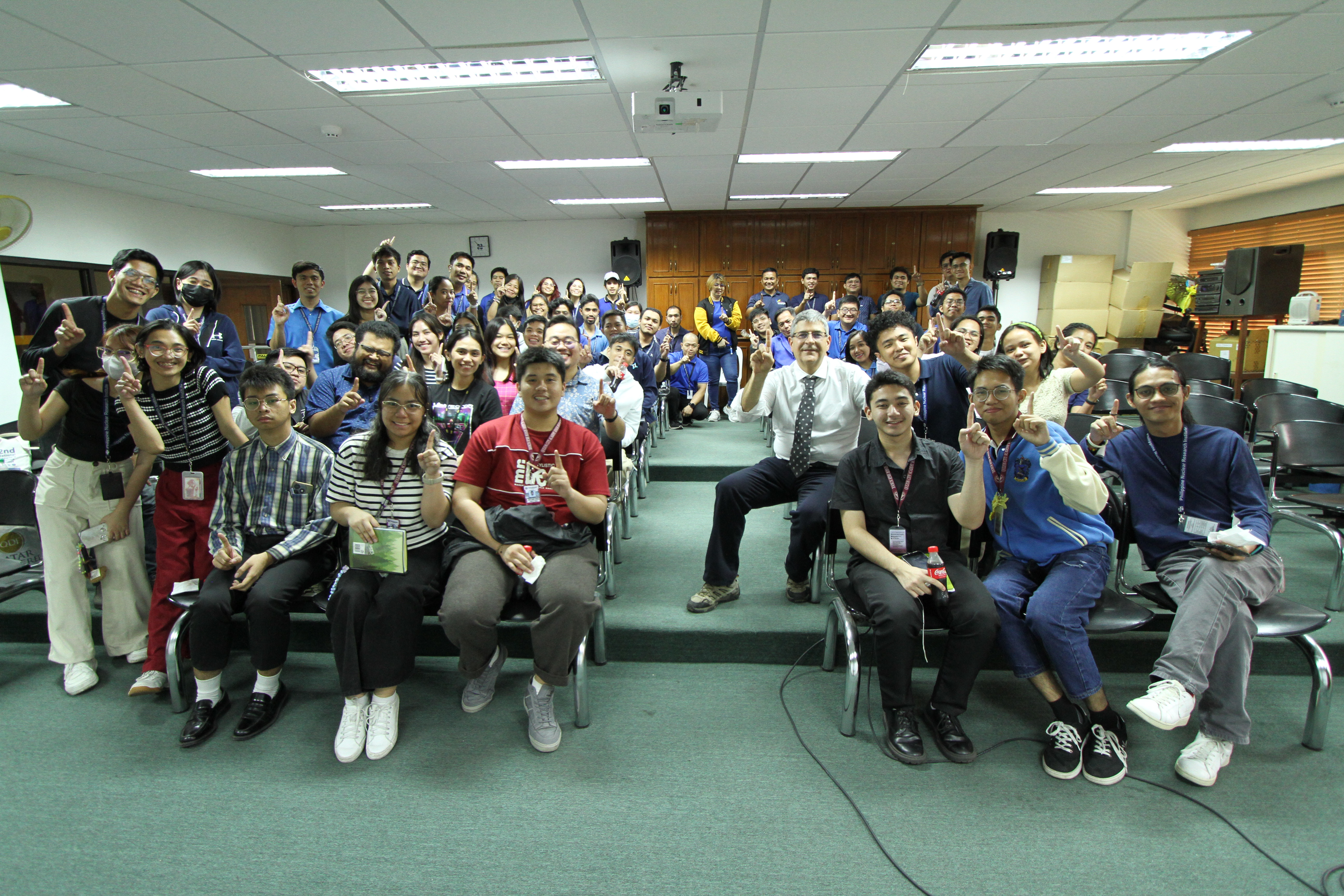
Back-to-Back Reactor Seminars at PNRI this early 2025
Spearheading the development of advanced reactor and neutron studies in the country, the DOST-Philippine Nuclear Research Institute starts 2025 with two consecutive sessions of Reactor Seminar Series featuring international experts at the PNRI compound in Diliman, Quezon City.
On January 30, Dr. Roberto Bedogni of the Italian National Institute for Nuclear Physics oriented the attendees on a much-needed background of neutron physics before focusing on its applications for radiation protection and neutron measurement research.
This was followed on February 7 by Filipino-Canadian nuclear engineer Matthew Naraine, who shared Canada's experience on the operation, regulations, and further development of technologies on nuclear power, particularly the history and latest developments on the CANDU (CANada Deuterium Uranium) Small Modular Reactor.
Read more: Back-to-Back Reactor Seminars at PNRI this early 2025
Building capacity in responding to nuclear and radiological emergency
- Details
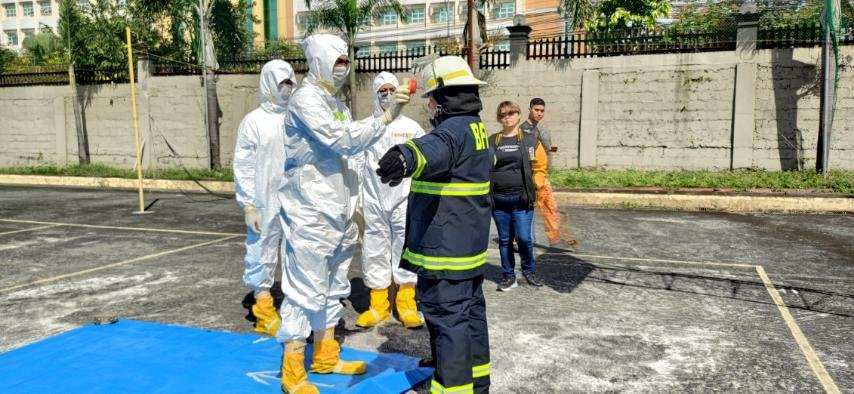
Radiation dose reading and decontamination of emergency respondents
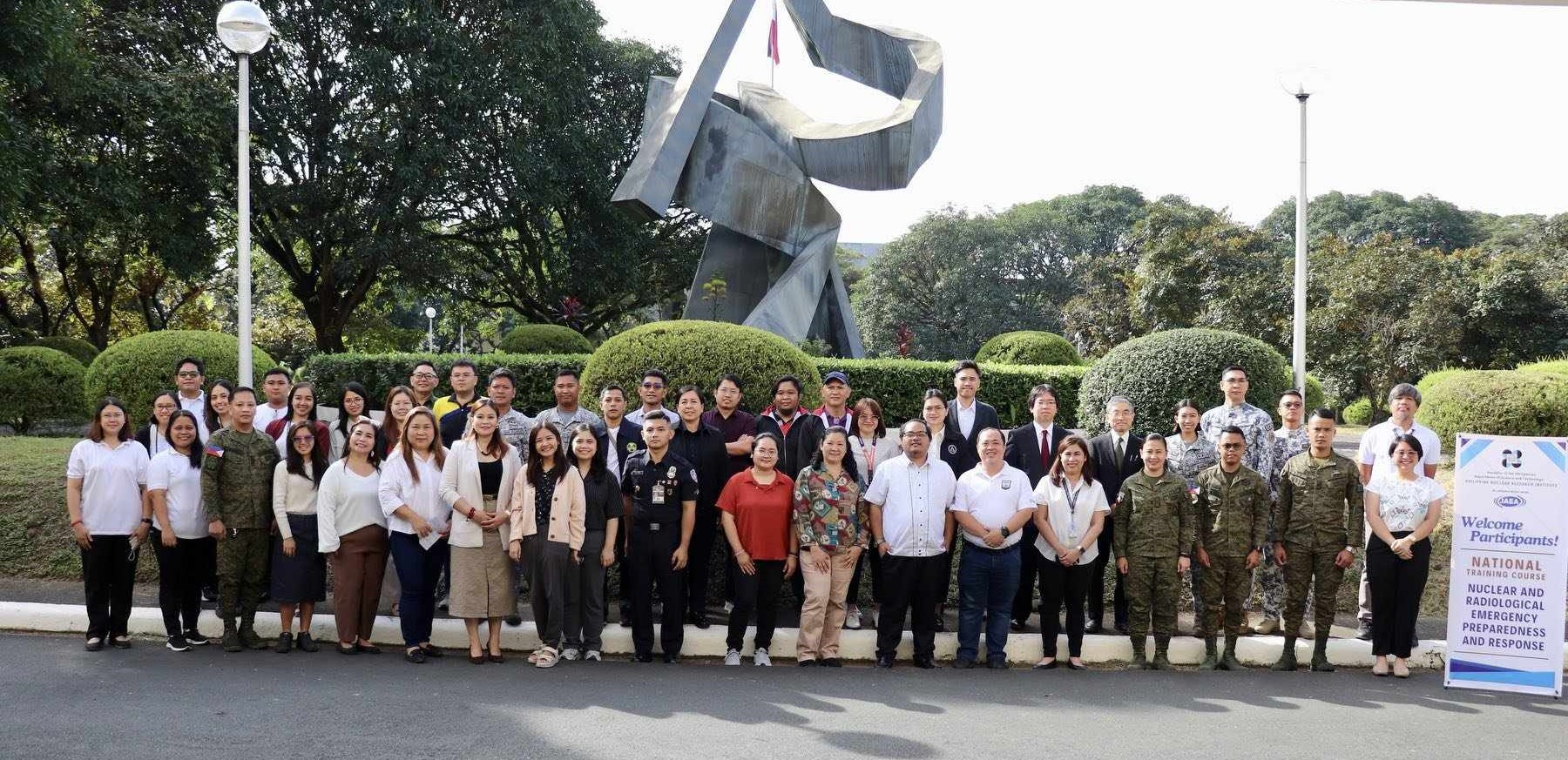
Training participants with speakers and organizers at the DOST-PNRI grounds
Building capacity in responding to nuclear and radiological emergency
Nuclear emergency is something that we don’t want to happen. But if it happens, we make sure we are ready.
Thus goes the mantra that resonated all throughout the eight-day “National Training Course on Nuclear and Radiological Emergency Preparedness and Response” organized by the Philippine Nuclear Research Institute of the Department of Science and Technology (DOST-PNRI) held January 20-29, 2025 in Quezon City.
Nuclear emergency is a situation involving a significant release of radioactive material due to nuclear chain reaction, such as a power plant meltdown. Meanwhile, a radiological emergency involves exposure to radiation from a radioactive source without a nuclear chain reaction such as radioactive material spill during transport or medical procedure using radioactive isotopes.
Read more: Building capacity in responding to nuclear and radiological emergency
IAEA continues supporting Cyclotron and PET-CT development in the Philippines
- Details
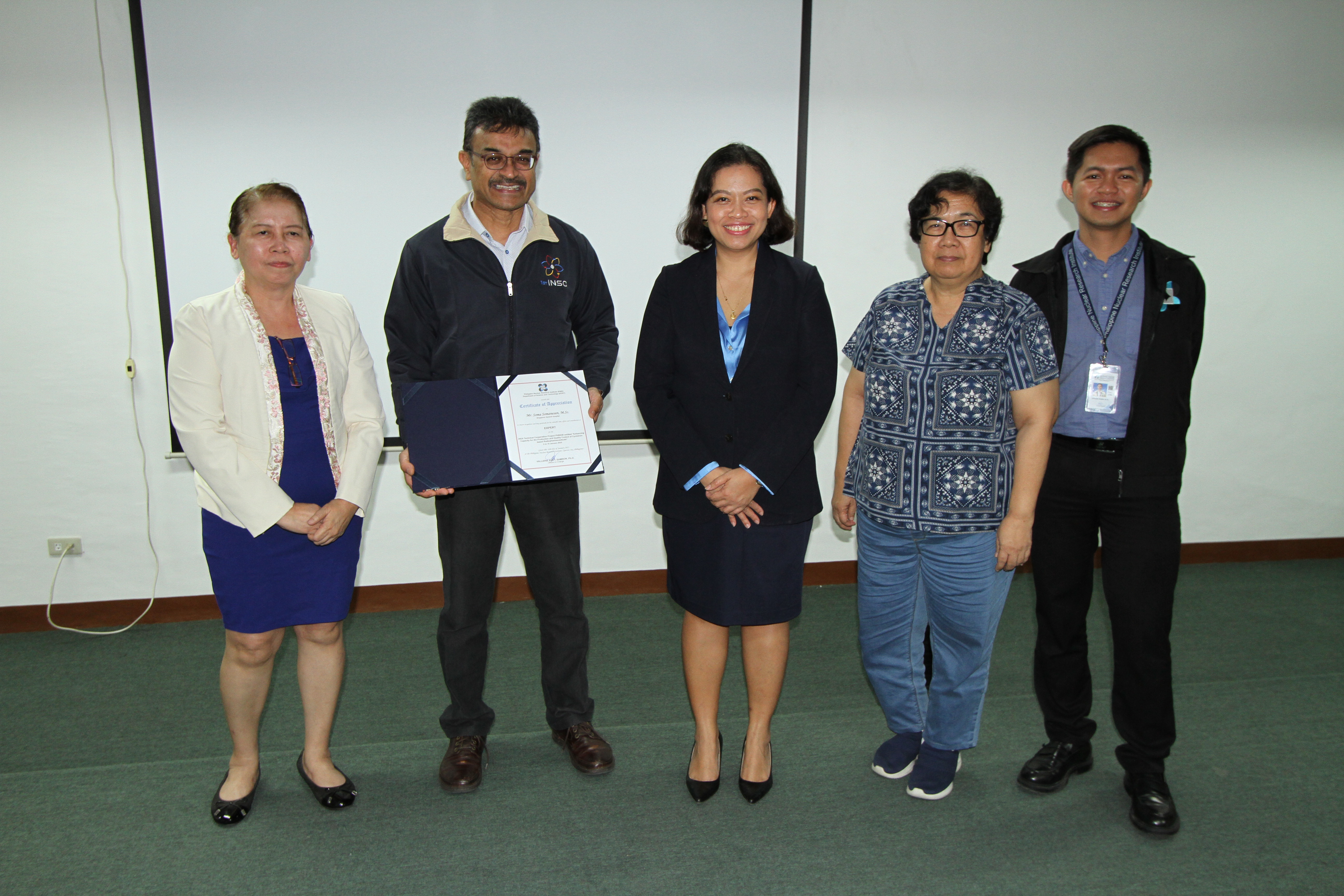
IAEA continues supporting Cyclotron and PET-CT development in the Philippines
Supporting the Philippines' initiatives in harnessing the Atom to improve the health and well-being of Filipinos, the International Atomic Energy Agency (IAEA) continues to send its experts to help improve the country's knowledge and capabilities in the field of nuclear medicine.
Early this January, IAEA expert Mr. Soma Somanesan, Senior Principal Radiation Physicist of the Singapore General Hospital, visited DOST - Philippine Nuclear Research Institute for several lectures on the operation of cyclotrons and Positron Emission Tomography – Computed Tomography (PET-CT) machines, radiopharmaceutical production and quality management.
Read more: IAEA continues supporting Cyclotron and PET-CT development in the Philippines


























